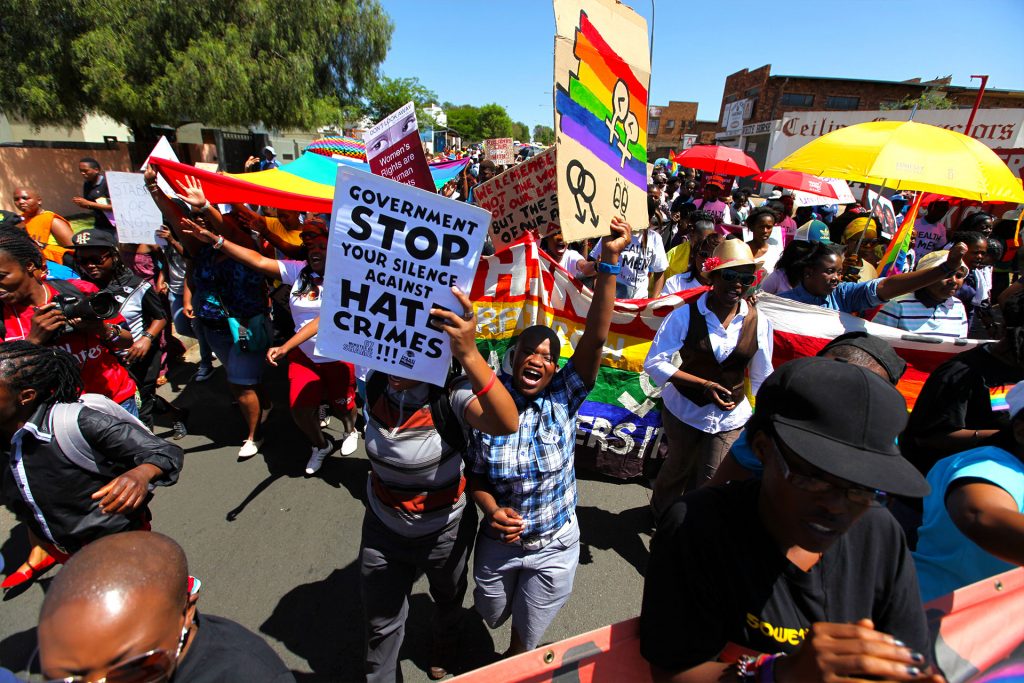South African police must exercise restraint and avoid using force against students protesting at the University of Cape Town. Executive Director of Amnesty International South Africa, Shenilla Mohamed said:
“The students’ right to peaceful assembly must be respected and facilitated. If violence arises, the police must differentiate between those who are engaged in violent acts and those who are not, and enable those protesting peacefully to continue to do so.
Force should only be used as a last resort, and even then only the bare minimum to prevent loss of life. Any excessive or unnecessary use of force would violate international law.
“It is critical that the South African authorities work swiftly to resolve this dispute and ensure access to quality education for all. If not, protests will continue into the foreseeable future, disrupting education, impacting on its quality and access, and thereby increasing inequality.
“This could further hamper South Africa’s progress on the attainment of poverty reduction targets in its own National Development Plan and the UN Sustainable Development Goals, in particular goals to ensure inclusive and equitable quality education and promote lifelong learning opportunities for all, and to reduce inequality.”
Background
2017 marks the third year of #FeesMustFall protests in South Africa.
A Commission of Inquiry into Higher Education and Training (Fees Commission) was set up after the first protests erupted in 2015 to investigate the feasibility of free education.
Its report, leaked to the media and published on 29 October 2017, found that free tertiary education will not be feasible in the foreseeable future, and different funding models should be adopted to ensure access for all deserving students, resulting in renewed protests this week.
For more information or to request an interview, please contact:
Mienke Steytler, Media and Digital Content Officer
Office: +27 11 283 6000
Mobile:+27 (0)64 890 9224
Email: mienke.steytler@amnesty.org.za


